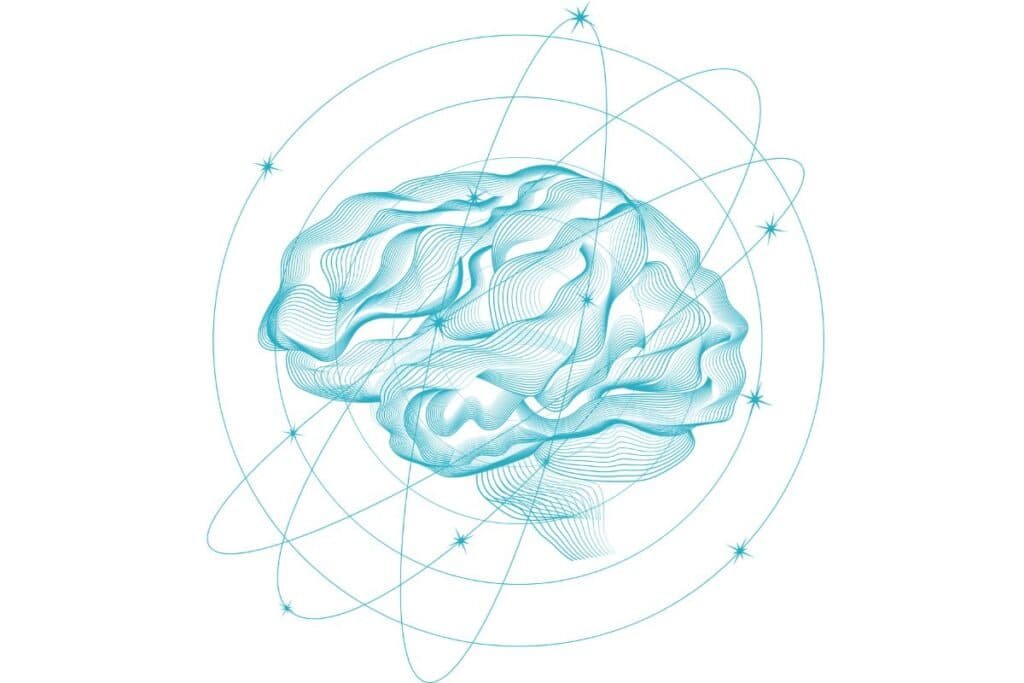If you go to Google, you’ll find a tonne of information about the signs of grooming. But what you might not immediately find is information about the impact of grooming. Especially the impact of grooming on older teenagers, namely those aged 16 and 17 years old.
What is Grooming?
Grooming is a slow and calculated process where a person builds trust and emotional dependence with a child or teenager to manipulate, exploit, and ultimately abuse them.
It’s not just about being nice or friendly—it’s a deliberate act designed to lower defences and create an environment where the victim feels unable to say no. Grooming can happen online, in person, or a mix of both.
Who Grooms Children?
The person who is the groomer could be a stranger, but more often than not, it’s someone the victim already knows. It’s also normally someone with authority or influence over them. This could be a teacher, coach, family friend, or even another young person.
The most dangerous part?
Grooming doesn’t always look like abuse. It can feel like attention, affection, or even love. That’s what makes it so difficult to spot, and therefore grooming can be hard to escape from.
The Signs of Grooming
Grooming doesn’t happen overnight.
It’s a series of small steps, each designed to push the victim further into the abuser’s control. Some signs might seem harmless on their own, but together, they paint a worrying picture.
Some of the signs of grooming can include:
- Excessive attention – The person showers the victim with compliments, gifts, or special treatment. They make them feel different or chosen.
- Secrecy – They ask the victim to keep certain conversations or meet-ups private. ‘This is just our little secret’ is a major warning sign.
- Testing boundaries – Small things, like casual touches, inappropriate jokes, or pushing personal topics, gradually increase over time.
- Isolating the victim – They might subtly discourage friendships, criticize family members, or create situations where the victim depends on them emotionally.
- Introducing sexual content – They bring up sexual topics, make inappropriate comments, or share explicit material under the guise of ‘education’ or ‘just a joke.’
- Exploiting trust – If the victim confides in them, they use that information to create emotional dependence—or worse, to blackmail them.
- Not all grooming looks the same, and some groomers are incredibly good at covering their tracks. But understanding the warning signs can help prevent abuse before it escalates.
The Impact of Grooming on Teenagers
There is a lot of literature that exists detailing the impact of grooming on younger children. But what I’ve found harder to find is evidence about the effects and impact of grooming on 16 and 17-year-olds.
Being 16 and 17 years old is like operating in a bizarre no man’s land where you’re sometimes an adult, sometimes a child, legally a child, but often legally able to do ‘adult’ things. But I do believe that because of this ‘grey area’ in which 16 and 17-year-olds exist, experiencing grooming or sexual assault at this age can be devastating to the foundations that these young people are building as part of their adult selves.
When I found the following transcript of a speech given by Kit Malthouse to the House of Commons in 2015, I nearly cried. I’m not an emotional person (I resonate a lot with Ron Weasley when, in the film adaptation of Harry Potter and the Order of the Phoenix, Hermione tells him that he has the emotional range of a teaspoon), but this report hit me so close to home, I couldn’t help but feel the emotions well up.
When you read this speech, forget about the fact that Kit represented the Conservative Government at the time; forget his background and the country where he is giving his speech. In a way, these factors are irrelevant.
What is relevant is the message that he is bringing to a political and national stage.
The phrasing is so perfect about the impact of grooming on 16 and 17-year-olds and why we need to wake up to these signs of grooming that I haven’t even bothered to paraphrase and instead have just copied the two paragraphs below for you to read and resonate on:
‘At that age, abuse and exploitation can cause profound damage that can last a lifetime. It will irrevocably shape how a child grows to see both the world and themselves. They will see the world as forever hostile and threatening. They will cling to any security or affection, no matter how bad it is for them or how malevolent the source—a vulnerability that many predators exploit in the first place. It risks their forever seeing themselves as a victim or as someone who cannot take the risk of trusting anyone. It can stop them from ever becoming a healthy, independent adult.
We also know from research conducted by the Children’s Society that those young people can end up feeling that they deserve the abuse and that on occasion juries have not taken the fact of their vulnerability seriously enough: they have refused to recognise that the fact that the child was over the legal age of consent did not mean that their attacker was not guilty of sexual exploitation. When they did that, they failed and betrayed those young people.’
Just wow.
The takeaway from this speech is that we need to stop treating young people as streetwise know-it-alls who should know better and who can look after themselves.
Everyone in society needs protection, but just maybe we need to be doing better by the people who we’re sending off into adulthood, assuming that they know life lessons that we haven’t taught them yet.
The Long-Term Impact of Grooming
The impact of grooming doesn’t just disappear when the abuse stops.
For teenagers, the effects can last well into adulthood, shaping everything from self-esteem to relationships, mental health, and even career paths. Grooming rewires the way a young person sees themselves and the world around them, often leaving them questioning their own reality.
One of the biggest long-term effects is self-blame. Grooming works by making the victim feel complicit, like they were an active participant rather than a target. This leads to overwhelming guilt, shame, and an internal thoughts of, Was it really abuse? Wasn’t I old enough to know better?
Trust issues also run deep. When the person who manipulated you was someone you trusted, a teacher, a mentor, a family friend, it changes how you view relationships. Many survivors struggle with attachment, either avoiding close relationships altogether or seeking out toxic dynamics that feel familiar.
And then there’s the mental health toll.
Grooming is a form of psychological abuse, and its effects can look a lot like PTSD; flashbacks, anxiety, depression, and an intense fear of authority figures. It can also have a serious impact on education and career choices, especially if the abuse happened during crucial years like sixth form or college. Some survivors struggle with concentration, motivation, or the ability to feel ‘good enough’ in professional settings.
Healing from grooming isn’t linear, and the scars don’t always show on the surface. But recognising the impact of grooming is the first step in breaking free from the shame and starting to rebuild.
Because no matter how convincing the abuser was; none of it was the victim’s fault.
This post is adapted from a section of It's All Your Fault - due for release in 2025.



